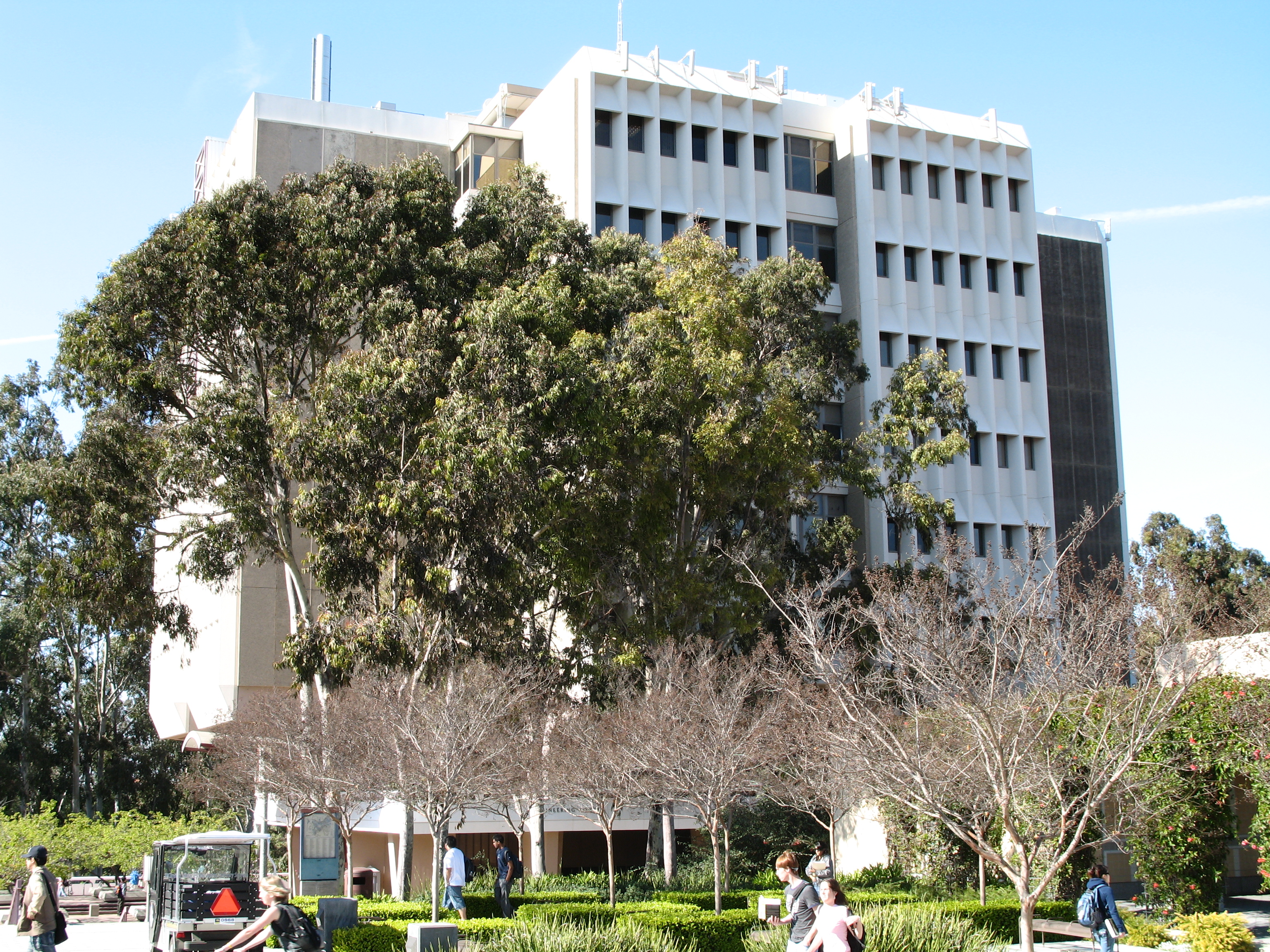Atlantis Program Grant Awarded to Samueli School to Establish Transatlantic Master’s Program
 The Henry Samueli School of Engineering has been named a recipient of a 2009 European Union-United States Atlantis Program grant from the Fund for the Improvement of Postsecondary Education (FIPSE). The grant will establish a transatlantic master’s program in “Micro/Nanotechnology Materials, Components and their Applications.” In addition to UC Irvine, two European universities are also participating in the program: Université des Sciences et Technologies de Lille (USTL) in France; and Technische Universität Darmstadt (TUD) in Germany.
The Henry Samueli School of Engineering has been named a recipient of a 2009 European Union-United States Atlantis Program grant from the Fund for the Improvement of Postsecondary Education (FIPSE). The grant will establish a transatlantic master’s program in “Micro/Nanotechnology Materials, Components and their Applications.” In addition to UC Irvine, two European universities are also participating in the program: Université des Sciences et Technologies de Lille (USTL) in France; and Technische Universität Darmstadt (TUD) in Germany.This grant will provide funding for a total of 24 students over four years. Students will spend one year in the U.S. at UC Irvine, and one year in Europe, split between the two participating universities. There will also be an exchange of faculty between the U.S. and European institutions.
The degree program will provide in-depth training in micro- and nanotechnologies for electronic and optoelectronic materials, components, circuits, and systems. Students will be trained in micro/nanotechnology concepts as they apply to global needs, and the intercontinental nature of the program will promote international collaboration.
Jean-Luc Gaudiot, Ph.D., professor of electrical engineering and computer science, is the principal investigator on the grant, and other
 Samueli School faculty involved with the program include: John LaRue, Ph.D., professor of mechanical and aerospace engineering and associate dean for student affairs; Peter Burke, Ph.D., associate professor of electrical engineering and computer science and biomedical engineering; and, G.P. Li, Ph.D., professor of electrical engineering and computer science, biomedical engineering, and chemical engineering and materials science, and director of the California Institute for Telecommunications and Information Technology and the Integrated Nanosystems Research Facility. The program is also open to other faculty with an interest in micro/nanotechnology.
Samueli School faculty involved with the program include: John LaRue, Ph.D., professor of mechanical and aerospace engineering and associate dean for student affairs; Peter Burke, Ph.D., associate professor of electrical engineering and computer science and biomedical engineering; and, G.P. Li, Ph.D., professor of electrical engineering and computer science, biomedical engineering, and chemical engineering and materials science, and director of the California Institute for Telecommunications and Information Technology and the Integrated Nanosystems Research Facility. The program is also open to other faculty with an interest in micro/nanotechnology.Burke has already interacted extensively with researchers at USTL and a USTL partner organization, the Institute of Electronics, Microelectronics and Nanotechnology (IEMN), a major research institution for semiconductors in France. He has conducted research on the applications and commercialization of nanotechnology to wireless communication systems.
“The Université des Sciences et Technologies de Lille has an excellent existing program in nanotechnology, and the new program will allow students to benefit from research and course activities at both institutions,” said Burke.
TUD, which offers excellent programs in high-frequency electronics, semiconductor devices, and micro- and nanotechnology, will strengthen this relationship through its complementary semiconductor research activities and proximity to key organizations such as T-Com, the European Space Agency and European Space Operations Centre, and Merck & Co., Inc.
Applications for selection are being solicited from Samueli School graduate students who are currently enrolled in a graduate research program at UC Irvine. Interested students are encouraged to contact Jean-Luc Gaudiot (gaudiot@uci.edu) or Peter Burke (pburke@uci.edu or 949-824-9326) for additional information.
